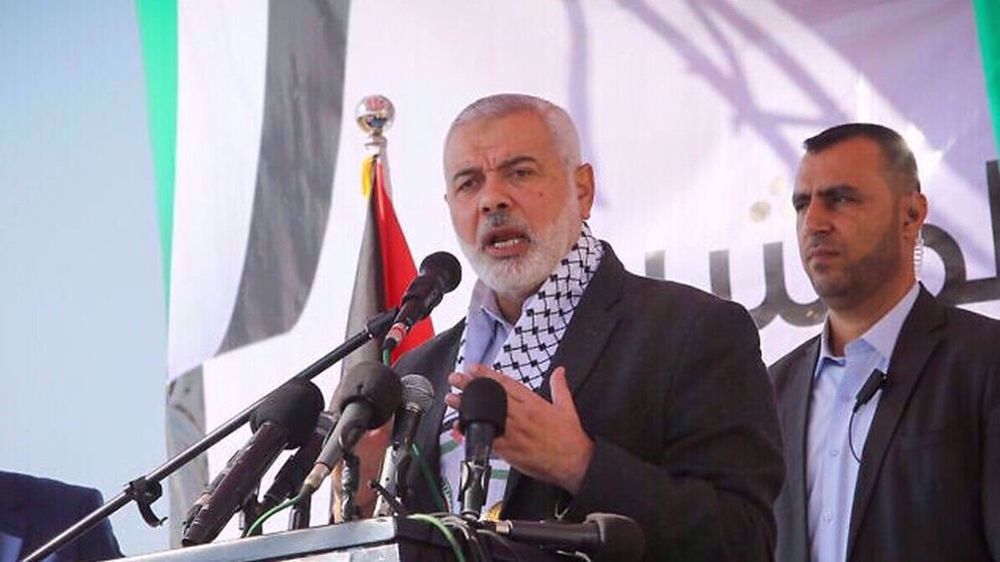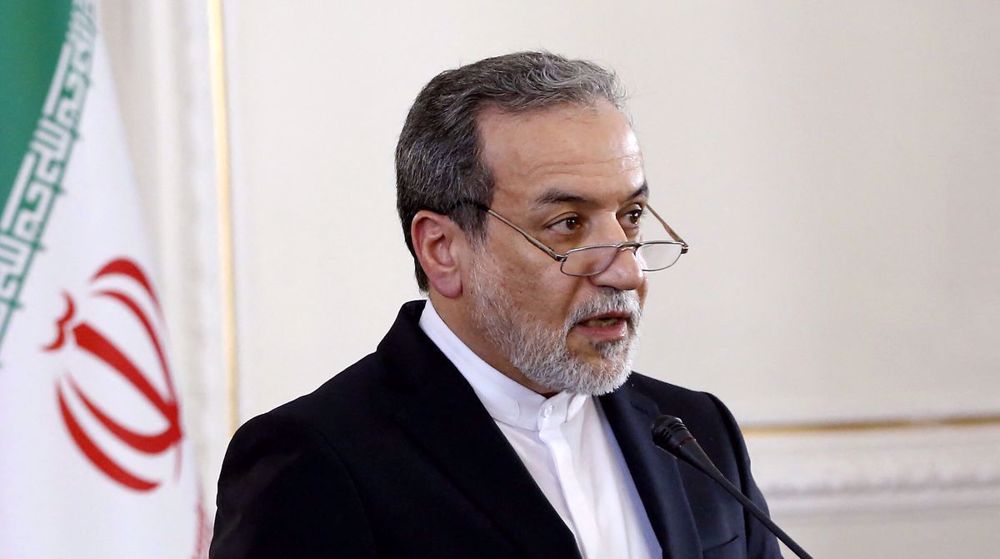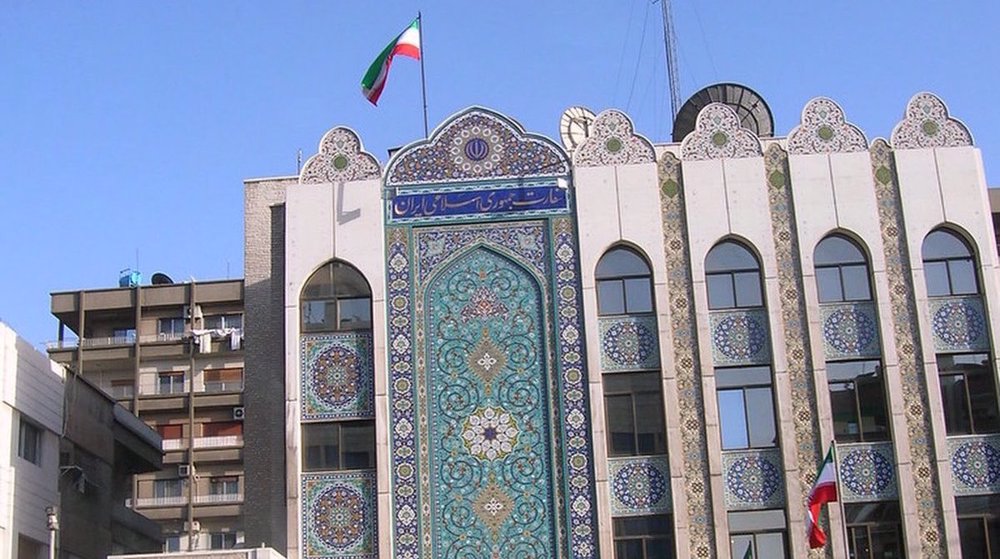Canada regrets cutting ties with Iran, wants to re-engage
Canada’s foreign minister says his country’s 2012 move to cut diplomatic ties with Iran has had no positive consequences whatsoever, expressing articulate willingness for re-engagement with the Islamic Republic.
“Canada’s severing of ties with Iran had no positive consequences for anyone: not for Canadians, not for the people of Iran, not for Israel, and not for global security,” Stéphane Dion said on Tuesday while addressing an international conference at the University of Ottawa.
The administration of former Canadian Prime Minister Stephen Harper severed diplomatic ties with Iran in September 2012, citing, among other pretexts, what it described as continued threats from Iran to Israel.
In his Tuesday remarks, Dion, who serves under the new government of Prime Minister Justin Trudeau, said, “Canada’s embassy in Iran has been closed for over three years. With which results? Is it right to need to count on Italy to protect our interests in this country?”
Canada maintains an interest section in the Italian embassy in Iran.
“Today, Canada must return to Iran to play a useful role in that region of the world… We are being asked by all sides to reengage, and we are doing so,” he said.
Referring to the implementation of a nuclear agreement between Iran and the P5+1 group of countries, Dion said that, “The deal has significantly constrained and rolled back Iran’s nuclear program and ensured ongoing and robust verification by the International Atomic Energy Agency” (IAEA) of Iran’s compliance with the accord.
The agreement, called the Joint Comprehensive Plan of Action (JCPOA), was reached between the Islamic Republican and the P5+1 countries — the United States, France, Britain, Russia, China and Germany — on July 14, 2015, in Vienna, Austria. It went into effect on January 16.

After the JCPOA went into effect, all nuclear-related sanctions imposed on Iran by the European Union, the United Nations Security Council and the US were lifted. Iran, in return, has put some limitations on its nuclear activities.
“Canada should have strongly supported the efforts of our allies,” the Canadian foreign minister said in reference to the P5+1 group.
Dion further said that, “In line with the approach taken by the majority of our allies and like-minded [countries], we also amended our unilateral sanctions” against the Islamic Republic.
“Unilateral sanctions [against Iran] maintained by Canada alone would be ineffective against Iran, and would have negative consequences for many Canadian families and businesses,” Dion said.
Dion further expressed willingness for the reopening of Canada’s embassy in Iran.
The government of Canada’s Prime Minister Trudeau has been voicing willingness to resume ties with Iran almost since it took office in late 2015.
Earlier in February, Canada announced that it is lifting some sanctions against Iran and is also working over the restoration of diplomatic ties with the Islamic Republic.
The Canadian government announced in a statement that it had amended its “broad-reaching autonomous sanctions against Iran to allow for a controlled economic re-engagement, including lifting the broad ban on financial services, imports and exports.”
“Canadian companies will now be better positioned to compete with other companies globally,” said the statement, issued by Dion and International Trade Minister Chrystia Freeland.
In Christmas message, Pope laments ‘extremely grave’ situation in Gaza
Hamas says Israel created new obstacles to Gaza truce deal
Pakistani military conducts airstrikes on militant hideouts in eastern Afghanistan
VIDEO | Displaced settlers frustrated
VIDEO | Christmas: Time for peace
Turkey will bury Syria’s Kurdish militia if they fail to disarm: Erdogan
VIDEO | Christmas in Syria: Hope amidst uncertainty
Israel attacks eastern Lebanon for first time since ceasefire















 This makes it easy to access the Press TV website
This makes it easy to access the Press TV website